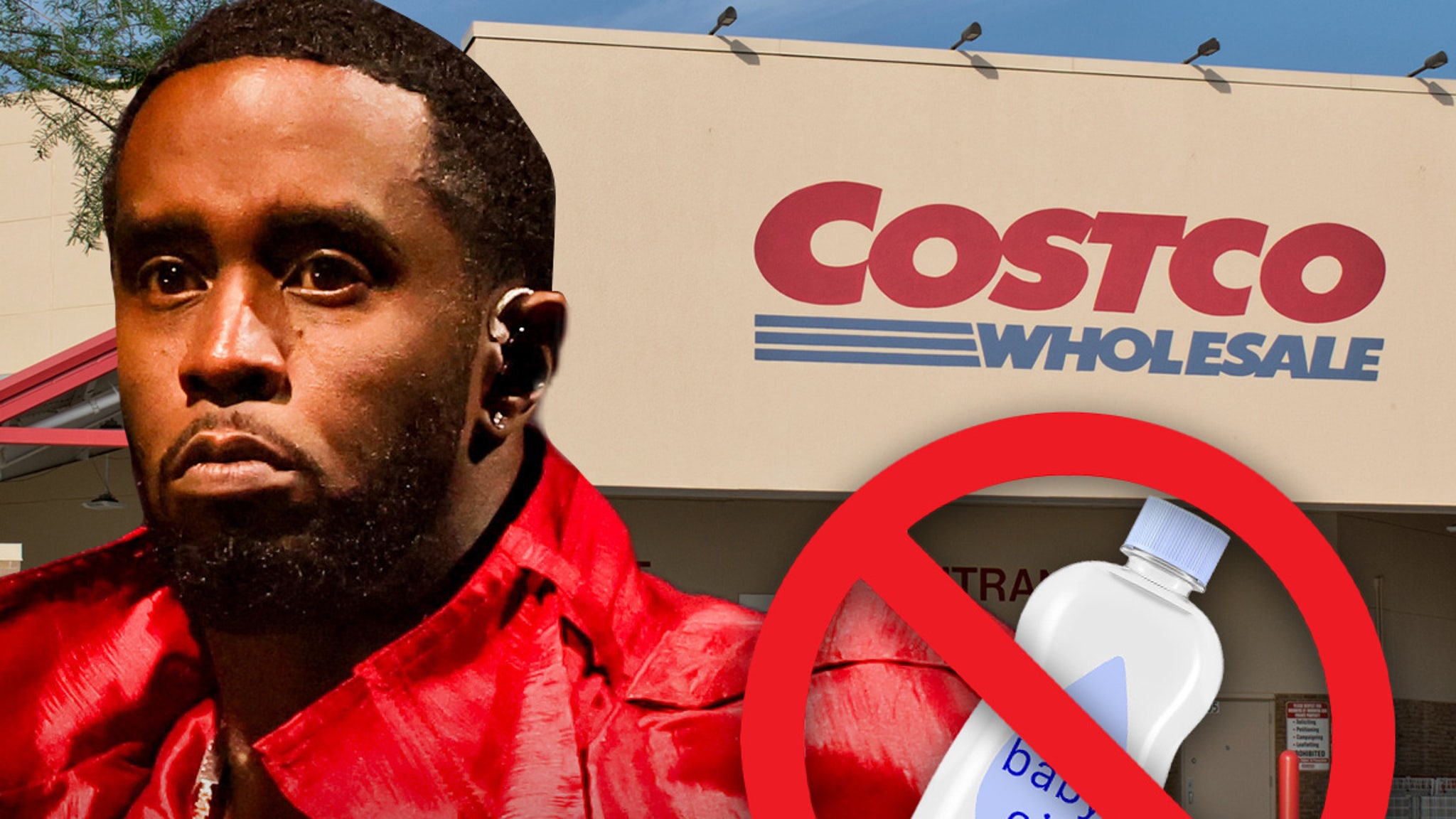Spotify has officially announced its new policy on royalty payments, confirming earlier reports that the platform would be eliminating payments for songs with less than 1,000 annual streams “starting in early 2024.” The announcement also includes new policies intended to curb fraudulent streams and reduce payouts for “functional noise” content.
Spotify says that “tens of millions” of the 100 million tracks in its library have been streamed at least once but fewer than 1,000 times annually, representing 0.5% of the streamer’s stream-share royalty pool. Based on Spotify’s current per-stream rate, 1,000 annual streams generates around $3, often below the minimum that many distributors require before making payouts to artists. Under the status quo, the money Spotify pays out on those songs remains with the distributor until the threshold for payment to the artists is reached. Under the new policy, Spotify will withhold those royalties and roll them into the stream-share pool, now limited to songs with more than 1,000 streams.
The other major policy changes announced today are targeted at practices the company considers fraudulent: streaming bots and short-form “functional noise” content. Spotify currently removes songs from its library when it detects artificial streams generated from bots or scripts; starting in 2024, the company plans to penalize labels and distributors with per-track penalties when “flagrant” artificial streaming is detected, but did not specify what those penalties would be, or how its tools detect such activity.
The company also seeks to target “bad actors” that publish short-form noise tracks such as whale sounds, ASMR, and white noise, then stack them in playlists to generate what it deems “outsized payments.”
In the outgoing system, Spotify has paid the same royalty rate for a five-minute track and a 30-second track, meaning that a 100-track playlist of 30-second tracks could generate significantly more royalties than a 10-track playlist of five-minute tracks, despite being the same 50 minutes of content.
The company plans to increase the minimum length of “functional noise recordings” required to generate royalties from 30 seconds to two minutes, as well as “work with licensors to value noise streams at a fraction of the value of music streams.”
Spotify did not specify what fraction of the current rate it seeks, what criteria it will use to determine which tracks are functional noise, or by what means it would determine which tracks met such criteria.
Pitchfork has reached out to representatives from Spotify for comment and more information.








